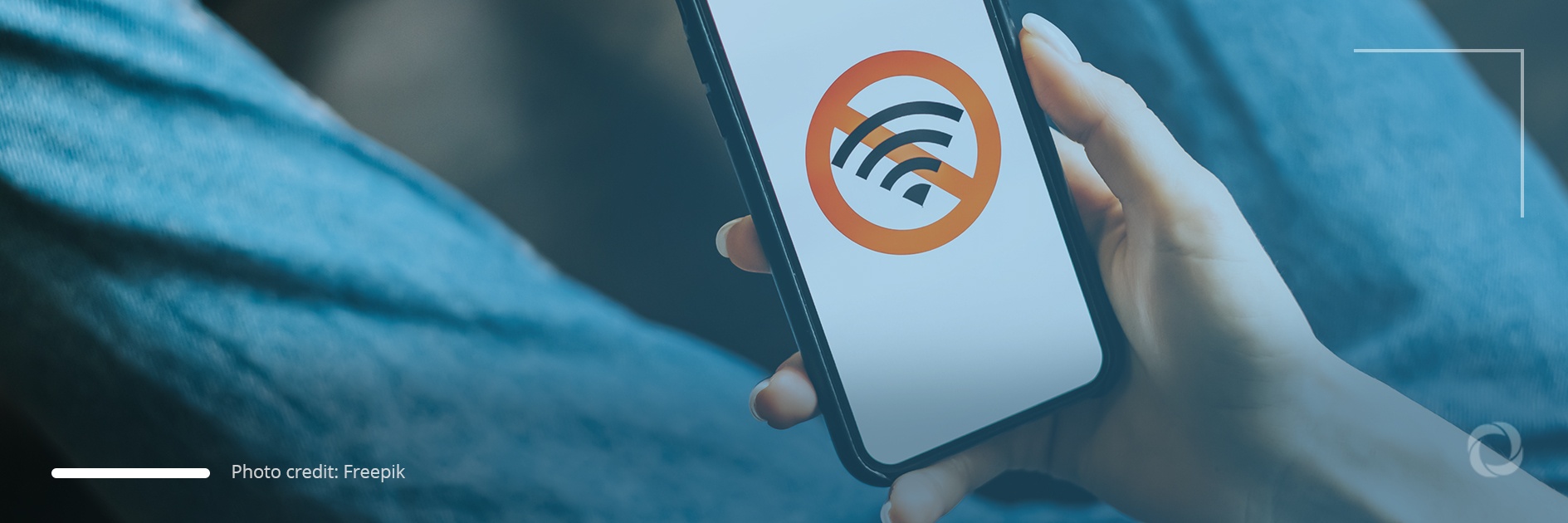As many as 75% of the government internet outages registered in 2021 were associated with further human rights abuse, an increase of almost 80% compared to 2020. This is according to the recent Global Cost of Internet Shutdowns report which found that government internet outages in 21 countries lasted over 30,000 hours and cost the global economy US$5.45 billion in 2021, a 36% increase in impact compared to 2020.
Myanmar and Nigeria were the top two countries to have experienced major internet shutdowns in 2021 at a cost of US$2.8 billion and US$1.5 billion, respectively. The outages affected 22 million internet users in Myanmar and 104.4 million users in Nigeria with the duration of the shutdowns being 12,238 and 5,040 hours, respectively.
Europe and South America bore the least losses at US$9.2 million and US$6.1 million respectively, while North America (US$33.1 million) and the Middle East and North Africa region (US$56.1 million) rose into double-digit millions.
The report, which reviews every documented government internet outage and social media shutdown globally in a given year, also tracked data on the nature of any further human rights abuse perpetrated during each internet shutdown since 2020. For Myanmar, the right to peaceful protest, free and fair elections, and press freedom “was violated during the period around the internet outage.”
Of particular interest is the reason behind the major internet shutdowns which the report groups into categories. Topping the list as a reason for local authorities to cut internet access is military coups followed by information control and political repression. Other factors on the list include conflict and protests.
There are a number of methods that Internet Service Providers (ISPs) use to implement restrictions following government orders to do so ranging from crude blackouts to more targeted interventions.
Some of the most common cited in the report are network shutdowns, Border Gateway Protocol (BGP) manipulation, IP address blocking, Domain Name System (DNS) filtering, deep packet inspection, and protocol blocking.
Although it is not possible to fully circumvent a full internet blackout, the Global Cost of Internet Shutdowns report acknowledges that there are a number of tools – some of which may be illegal – to avoid complete isolation. These include VPNs, Tor, Signal, Bluetooth mesh networks, roaming SIM cards, and Sneakernet.

